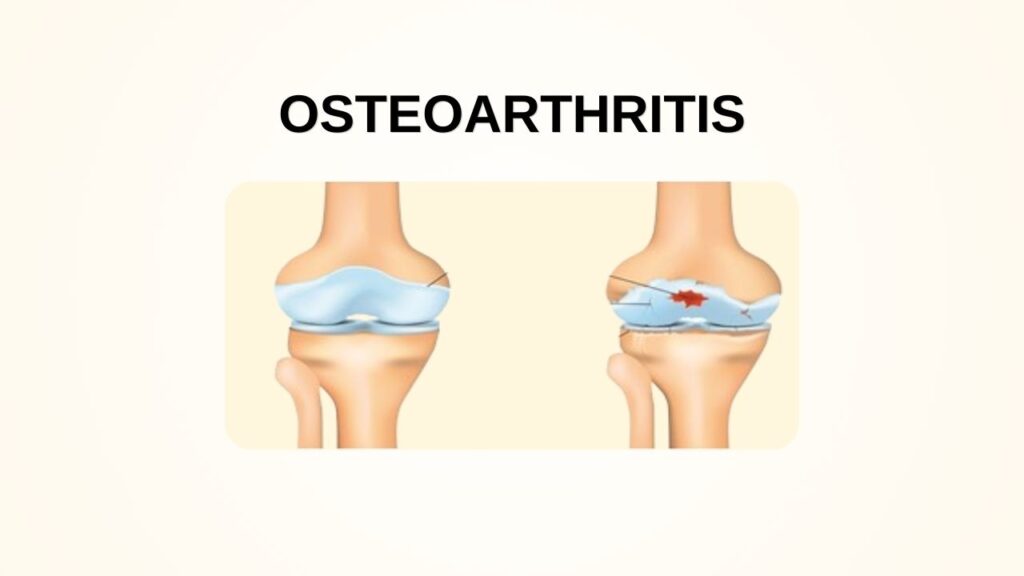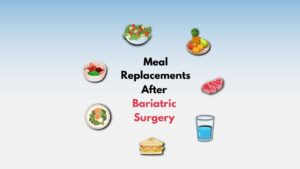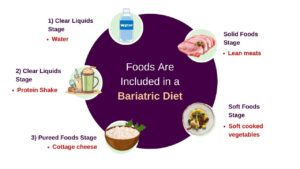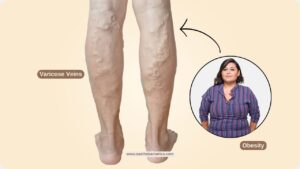
Obesity Affecting Bone Health - Osteoporosis & Osteoarthritis
Healthy bones form the foundation of healthy bodies. Bone is a living tissue that is constantly remodelling and when an old bone goes away, a new bone takes its place. This means that the choices we make about our health affect our bones throughout our lives!
Our overall health and density of bone may be affected by several factors including medications, poor lifestyle and diet, smoking , drinking, etc. women go through menopause around age of 50 and lose estrogen. This causes a steep loss of bone density, around age 70 men begin losing bone at the same rate as women.
When people lose a certain amount of bone density and develop poor bone quality, they suffer a disease called osteoporosis. The bones become weak and more prone to break from a low-impact fall, a sudden twist, or even a cough or sneeze sometimes in a critical case. Broken bones like this are called “fragility fractures.” age and menopause are the most common causes of bone loss & osteoporosis. Still, medical conditions, medicines and lifestyle factors also can increase your risk of fragility fractures.

Joint Pain is Strongly Associated with Body Weight! How?
There is a well-established connection between osteoarthritis and obesity. Osteoarthritis is a condition that affects the joints, causing pain, stiffness, and swelling. Obesity, on the other hand, is a medical condition characterised by excess body fat that can increase the mechanical load on joints, leading to wear and tear.
When a person is overweight or obese, the extra weight puts additional stress on their joints, particularly the knees, hips, and lower back. This increased stress can cause the cartilage in the joints to break down, leading to osteoarthritis. In addition, obesity can lead to a state of chronic inflammation, which can further damage the joints and worsen osteoarthritis symptoms.
Studies have shown that obesity is a significant risk factor for developing osteoarthritis. According to the Centers for Disease Control and Prevention (CDC), being overweight or obese increases the risk of developing knee osteoarthritis by
up to four times. In addition, obese individuals are more likely to develop osteoarthritis in multiple joints, including the hands, wrists, and spine.
The link between osteoarthritis and obesity is not just limited to mechanical stress on the joints. Adipose tissue, or body fat, is an active tissue that produces hormones and inflammatory molecules. These molecules can contribute to the development and progression of osteoarthritis by causing inflammation in the joints.
In conclusion, the connection between osteoarthritis and obesity is clear. Obesity is a significant risk factor for developing osteoarthritis, and weight loss can help reduce the risk of developing osteoarthritis or improve symptoms in those who already have the condition. Maintaining a healthy weight through diet and exercise is an essential aspect of managing osteoarthritis and reducing its impact on a person’s quality of life.
How is obesity connected to bone health?
People with obesity do seem to have greater bone density, but bone density is not the only factor in whether you will break a bone. People with obesity might have differences in their bone quality that increase their risk of fracture.
There are a few reasons for why people with obesity might have these differences in bone quality:
Obesity might affect how their bones are remodelled.
Many people with obesity also have type 2 diabetes, which also increases fracture risk.
Chemicals produced by body fat can make the bones less strong.
Fat cells and the cells that form bones come from the same stem cells, so more fat cells mean fewer bone-forming cells.
OSTEOPOROSIS is a condition in which bones become weak and brittle.
The body constantly absorbs and replaces bone tissue. With osteoporosis, new bone creation doesn’t keep up with old bone removal.
The causes of osteoporosis and obesity share some similarities. Smoking, lack of sufficient weight-bearing exercise, ageing, diet, as well as certain medical conditions and medications can increase the risk for both osteoporosis and obesity.
There are also a few other known risk factors for osteoporosis:
Low levels of oestrogen
Lack of vitamin D and calcium in the diet
Sedentary lifestyle
HIP and Spine Fractures
The most devastating broken bones due to poor bone health are hip fractures. More than 20% of people die within a year after surgery for a broken hip. Hip fractures also cause lower quality of life and an increased risk of death years later. Having obesity puts you at a higher risk of dying after a hip fracture. One recent study found that people younger than 75 who had obesity and a hip fracture were more likely to die within 30 days of their injury than people the same age who weighed less.
The most common broken bones due to poor bone health are fractures of the bones in the spine. A study from the United Kingdom found that men with obesity and larger waists had more broken spine bones than men who were underweight or at healthier weights. Even though the men with obesity had a greater bone density, they still were at higher risk for fractures.
Overweight women have nearly 4 times the risk of knee OSTEOARTHRITIS; for overweight men the risk is 5 times greater.
Being overweight is a clear risk factor for developing OA. Population-based studies have consistently shown a link between overweight or obesity and knee Osteoarthritis.
In conclusion, losing an appropriate amount of weight in a healthier way is suggested to manage such conditions. Obesity is a serious health problem which should be treated scientifically. Obesity comes with several other health issues/comorbidities. Thus obesity is also called the mother of all diseases. If your BMI falls anywhere between 25-30; a proper diet plan from an expert with some extras like- gym, swimming, weight training, yoga can work for you to lose 6 to 10 kgs of your extra kgs. But when your BMI exceeds the range of 30, bariatric surgery is the ONLY line of treatment for you! If you try reducing some kgs through various other diet plans and workout sessions, you might reduce 10 kilograms with all your dedication & effort but will definitely put on 12 kilograms later. If you reduce 12 kgs you might put on 14 kgs later.
Thus following the right line of treatment is important to gain long-term results and to lose weight in a healthier way.

Vanshika
Bariatric Dietician & Content Writer








